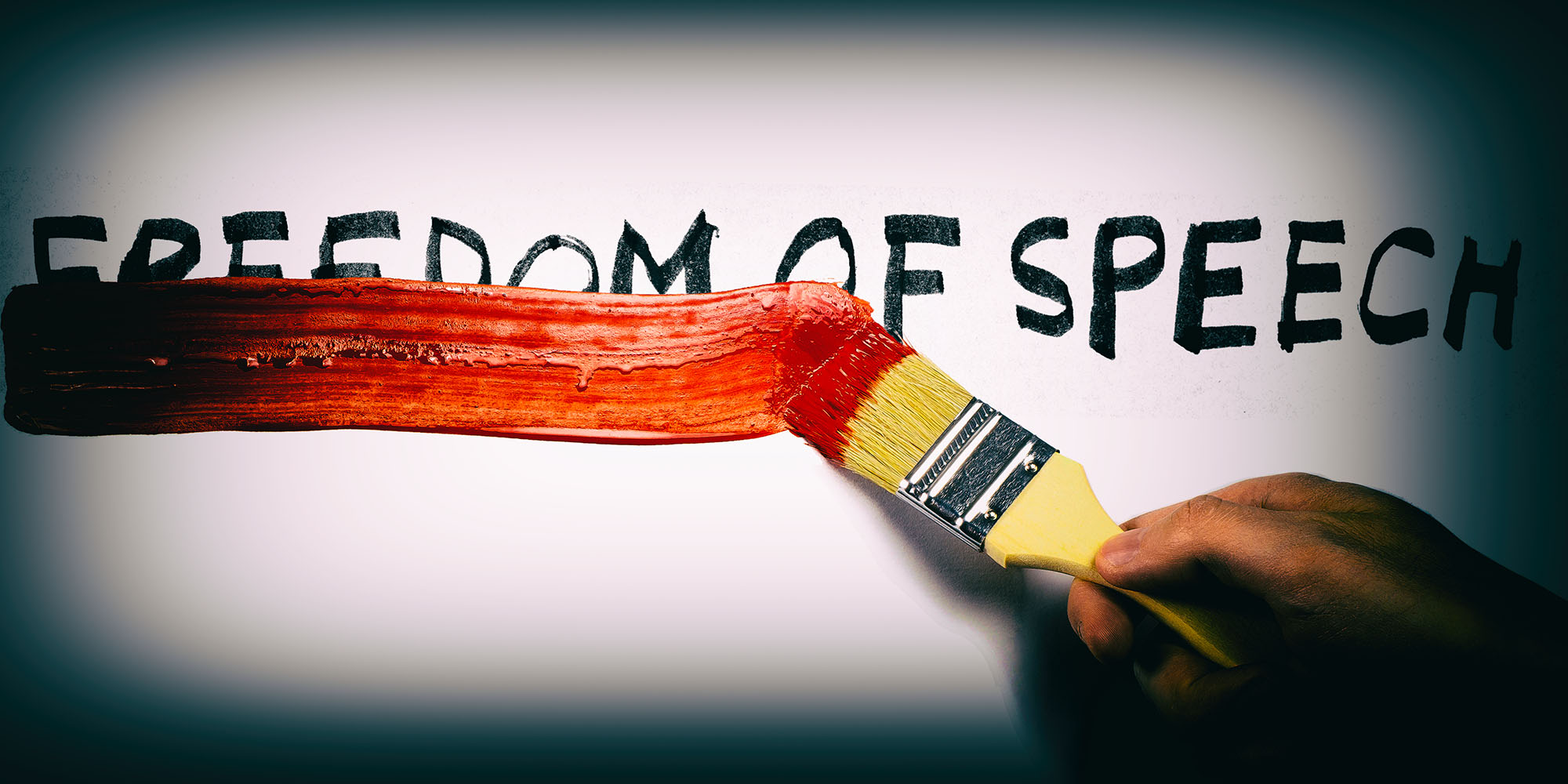In 1985 I watched the nationwide protests during the Botha government’s State of Emergency. Seeing the freedom struggle participants’ raw courage and idealism riveted me, inspired me to join Stanford University’s divestment movement, and sparked a dream of one day going to South Africa.
That dream came true just months after South Africa’s stirring victory in the 1995 Rugby World Cup. After arriving in August 1995, I lived, taught and coached for a year at the Uthongathi School in Tongaat as a participant in the Fulbright Teacher Exchange programme. It was a remarkable year for me personally, as my exchange partner’s friends took me in like a brother. It was also a heady time in the country. I witnessed the results of Madiba Magic at Bafana Bafana Africa Cup of Nations’
opening match against Cameroon and attended the first day of TRC hearings in Durban.
Shortly after my return to the United States, then-president Nelson Mandela promulgated the new Constitution in late 1996 before its passage the following year. I felt my heart rise as I read of the ample granting of rights in the Bill of Rights that went far beyond what we had in the United States to include rights about issues like housing, the environment and water.
In both countries, though, freedom of the press was a cornerstone of the promises made to all citizens. It is precisely because media freedoms are so fundamental to society’s democratic fabric that I feel compelled to speak out against a repeated series of threats, lawsuits, unfounded accusations and efforts to intimidate my good friend and colleague Raymond Joseph.
Perhaps most disturbingly, many of these actions have come from governmental sources.
Ray and I have worked since 2016 on an ongoing investigation of the global lottery industry. With the able assistance of Adi Eyal and his team at civic non-profit OpenUp, he has written dozens of stories laying bare the widespread, if not comprehensive, misallocation of funding and corruption in the national lottery that had previously avoided meaningful scrutiny. As in countries around the world, the South African lottery has a disproportionate impact in poor communities.
The work began with OpenUp scraping more than 15 years of lottery recipients data to create a searchable tool that helped identify outliers among the sporting, NGO and charitable sectors. From there, Ray and others revealed in the Sunday Times the presence of “Lottopreneurs”, those people who used a 2015 amendment to act as “conduits” to new or small organisations unable to meet stringent criteria for grants.
He also helped secure funding to train community journalists on how to use the tool to do reporting that has had a threefold benefit. It resulted in several stories being published. It also helped develop skills and opportunities among journalists in rural areas. It provided information to people living in those areas who would not otherwise have had access to it. And the reporting these journalists did in places like Limpopo shed light on the workings of the larger system. (On a related point, it is worth pointing out that since the project has begun the National Lotteries Commission has declined to make details of grants and recipients available after doing so for close to two decades.)
Ray has brought to light the tax avoidance by global behemoth IGT, formerly known as GTech, which has been involved in South Africa’s lottery since 1999. Full disclosure: he and I collaborated on that story. As the reporting has progressed, Ray eventually exposed that lottery COO Phillemon Letwaba signed off on multimillion-rand grants to entities directed by, or connected to, his family members.
It is painstaking work that Ray has often carried out through self-funding. It’s also work that has had meaningful impact and earned repeated regional and national recognition. To give just two examples, the Department of Trade, Industry and Competition launched an investigation in May 2019. In February of this year, Letwaba took a leave of absence until the beginning of March due to the fallout from the corruption allegations.
But it’s a project that has come at a serious price to himself, to other journalists seeking to do similar work, and to the democratic ideals for which Mandela and so many others fought for decades to bring into the world.
He has endured attacks from multiple sources, with the NLC being by far the earliest and most frequent aggressor.
In December 2018, NLC board chair Professor Alfred Nevhutanda responded to one of Ray’s stories by saying that journalists were being paid to write “fake stories” and asking the State Security Agency (SSA) to investigate journalists. He doubled down on these claims in Parliament once again in March this year.
The NLC has named Ray in multiple press releases, calling his work a “mischievous personal vendetta” in March 2019 and labelling his reporting “inaccurate insinuations” in August 2019. (It has since deleted media releases from its website.) In an eNCA appearance last year, Letwaba




 With the able assistance of Adi Eyal and his team at civic non-profit OpenUp, Ray Joseph has written dozens of stories laying bare the widespread, if not comprehensive, misallocation of funding and corruption in the national lottery that had previously avoided meaningful scrutiny.(Image: Adobestock)
With the able assistance of Adi Eyal and his team at civic non-profit OpenUp, Ray Joseph has written dozens of stories laying bare the widespread, if not comprehensive, misallocation of funding and corruption in the national lottery that had previously avoided meaningful scrutiny.(Image: Adobestock)